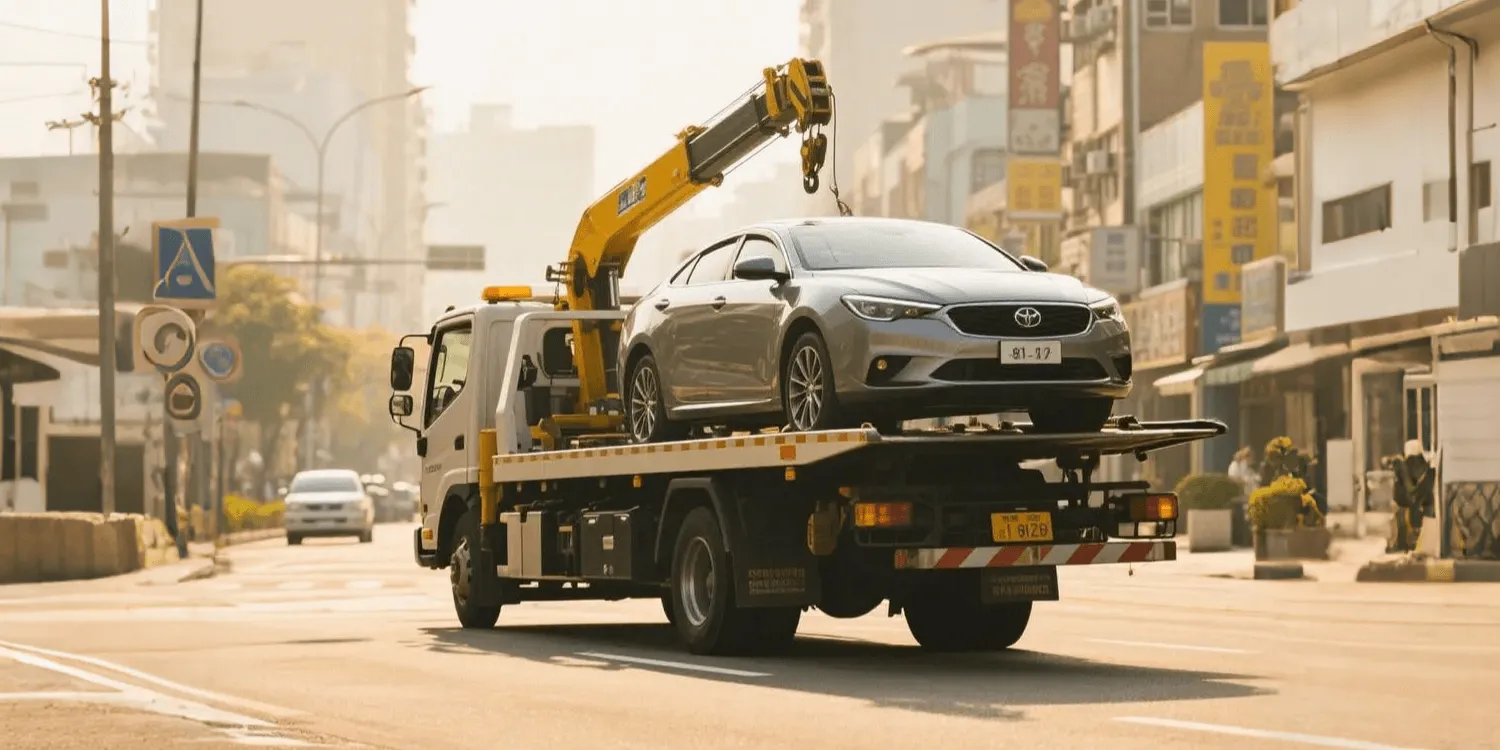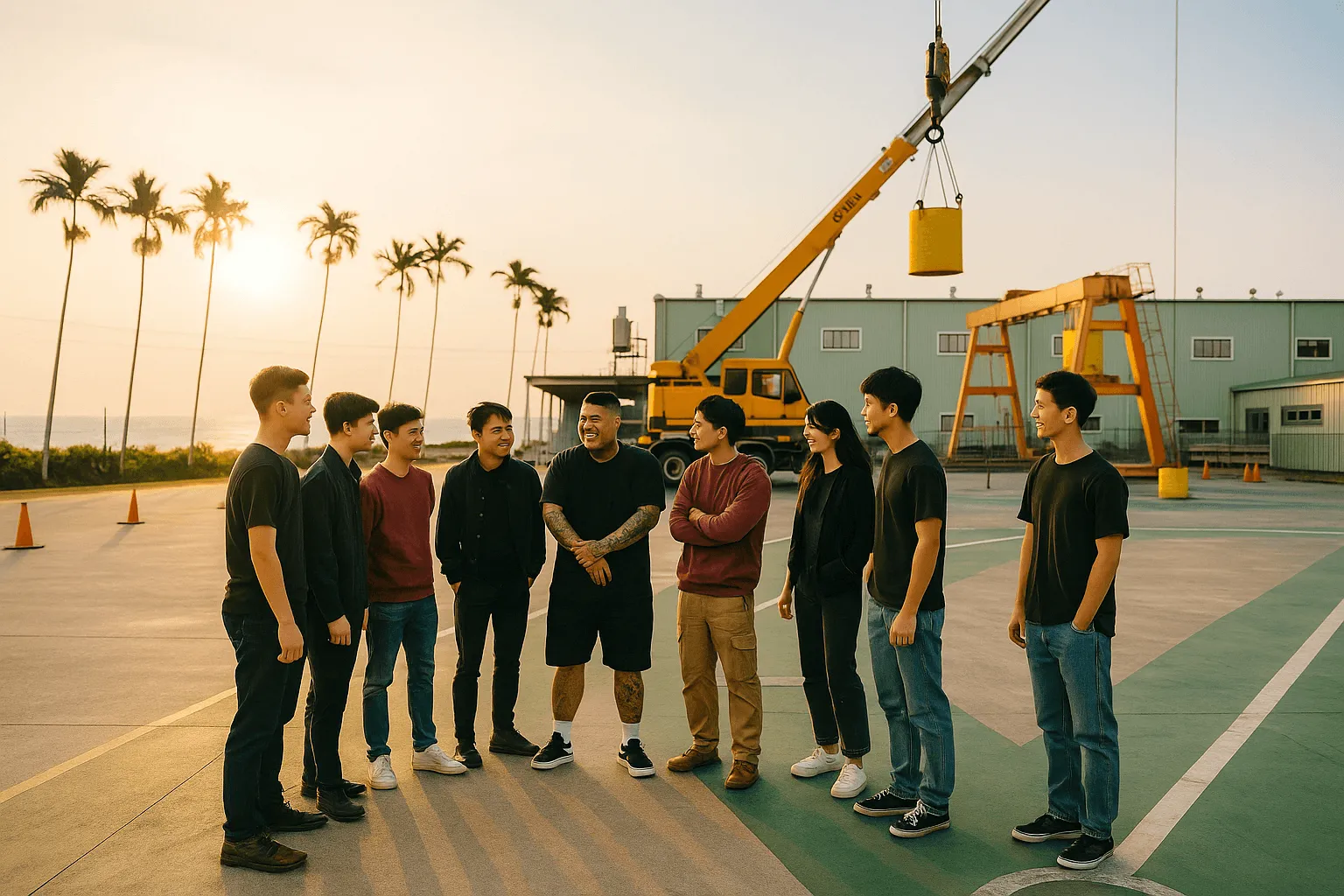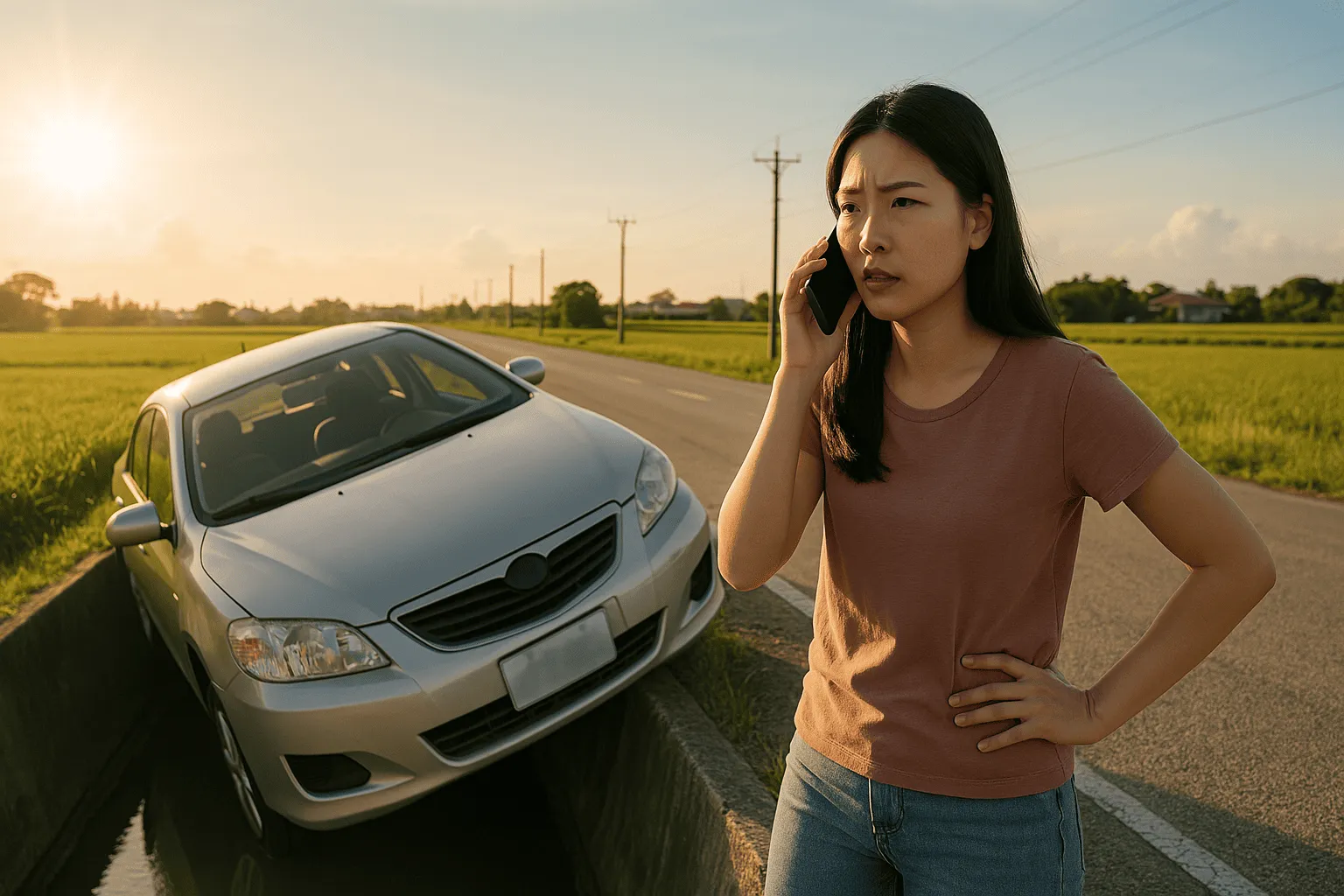Need a Tow? How Are Towing Costs Calculated? An Insider's Guide!

When your car breaks down on the road, besides the anxious wait, the biggest fear is getting hit with an outrageous towing bill. How much does a tow really cost? How are the fees calculated? Are you being taken for a ride?
This article will give you a complete breakdown of how tow truck services are priced, so you have a clear idea of what to expect and can handle the situation calmly.
How Are Towing Fees Calculated? A Look at Market Rates
Generally, towing costs consist of a "base fee" (or "hook-up fee") and a "mileage fee," with potential "surcharges" for special circumstances.
Please note: Prices can vary significantly by state, city, and company. This table is a general reference for the US market.
Standard Vehicle Towing Cost Reference Table (in the US)
| Service Item | Price Range (USD) | Notes |
|---|---|---|
| Hook-up Fee (Base Rate) | $75 - $150 | Standard hook-up fee, often includes the first 5-10 miles. |
| Flatbed Towing | $95 - $200 | Safer for AWD vehicles or cars with low ground clearance. |
| Winching Service (Vehicle Recovery) | $100 - $250 / hr | Helps recover a vehicle from a ditch, mud, or snow. |
| Mileage Fee (After initial miles) | $3 - $7 / mile | Charged for each mile towed beyond the initial included distance. |
| Special Condition Surcharges | Varies | Assessed on-site based on the situation. |
Hook-up Fee (Base Rate): This typically includes the first 5 to 10 miles of towing. The cost can differ based on the time of day and location. For a standard vehicle, this usually falls between $75 and $150.
Mileage Fee: Once you exceed the initial included mileage, a per-mile fee is applied. This generally ranges from $3 to $7 per mile.
Winching Service: If your vehicle is stuck in a ditch, mud, snow, or another predicament where it can't be easily hooked up, winching services are required. This is often billed hourly, from $100 to $250 per hour, depending on the complexity of the recovery.
What Other Factors Affect Towing Prices?
Besides the basic fees, the following situations can lead to additional charges:
- Vehicle Condition: If the car has been in a severe accident, is overturned, or has wheels that won't turn, the difficulty of the job increases, and so does the price.
- Vehicle Type and Size: Towing a large SUV, truck, or heavy-duty vehicle costs more than a standard passenger car due to the need for more powerful equipment.
- Location: Towing from a hard-to-reach location, like an off-road trail, a multi-level parking garage, or a very remote area, will incur higher fees.
- Low-Clearance Vehicles: Cars with low ground clearance (less than 6 inches) may require special equipment, leading to a surcharge starting around $50.
- Time of Day & Holidays: Expect to pay more for services requested late at night, on weekends, or during holidays. Always confirm these potential surcharges beforehand.
How to Communicate Fees with the Driver to Avoid Disputes
To prevent any arguments later, be sure to provide clear information when you call for a tow:
- Your Exact Location: Provide a precise address or GPS coordinates.
- Vehicle Condition: Explain the situation clearly, e.g., "it won't start," "I have a flat tire," "it's in a ditch."
- Towing Needs: State where you need the vehicle towed and if you have a preference for a flatbed.
The more information you provide, the more accurate the quote will be.
Three Questions You Must Ask Before the Tow
Before the driver sets out, confirm the following via phone or message:
- What is the estimated total cost for this tow? (Important)
- Does my situation (e.g., AWD, low clearance) require any extra charges?
- Is this a fixed price, or could it change upon arrival?
By asking clearly beforehand, you can refuse the service if the price isn't right, which avoids disputes after the driver has already been dispatched.
What to Do in Case of a Towing Fee Dispute
If you encounter unreasonable pricing or poor service:
- Stay Calm: Don't rush to sign any paperwork.
- Document Everything: Take pictures of your vehicle's condition, the tow truck's license plate, and get a detailed, itemized bill.
- Seek Help: If a dispute arises, contact your auto club (like AAA), your insurance provider, or the local Better Business Bureau (BBB) for assistance.
Choosing a reputable, well-reviewed towing operator is the best way to protect yourself.
Conclusion
Calling for a tow doesn't have to mean getting ripped off. By understanding the pricing structure and communicating clearly beforehand, you can handle the situation with confidence. We hope this article helps you feel prepared and find a trustworthy helper when you need one.
🚨 Don't want to be scrambling when trouble strikes? Download Road Savior now!
It's a free app designed for drivers, sending your needs directly to all nearby operators, so you're no longer a sitting duck.
Our Promise:
- Transparent Info: Upload a photo, fill in your needs, and nearby drivers are instantly notified.
- Multiple Quotes: No more calling one by one. You'll receive real-time quotes from multiple drivers to easily compare.
- Freedom of Choice: Check each driver's ratings and choose the helper you trust most at a price that works for you.
- Neutral Platform: We don't take a cut or get involved in the transaction. You pay the driver directly, eliminating disputes.
When trouble hits, don't panic. Open the app and find a savior in seconds!



